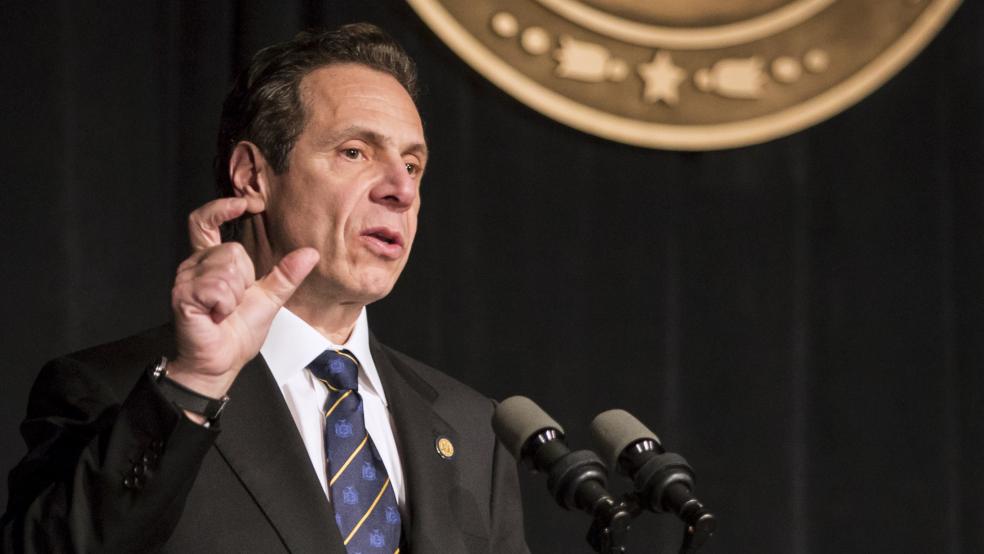Residents of New York State now have some options for getting around the $10,000 limit on state and local tax deductions imposed by the Republican tax overhaul. Thanks to legislation passed last month, taxpayers can contribute to state or local charitable funds that then send the money to local governments and school systems. Donors receive tax credits — worth up to 85 percent for donations to state funds and up to 95 percent for donations to local funds — that reduce their state and federal tax bills.
There’s one glaring problem with the new setup, however: The IRS hasn’t said whether it will recognize the “charitable” donations as being worthy of a tax deduction.
Legal experts are split, but Treasury Secretary Steven Mnuchin has made it clear that he is no supporter. "It's one of the more ridiculous comments to think that you can take a real estate tax that you're required to make, and dress that up as a charitable contribution,” Mnuchin said back in January.
Even if the IRS rules against that workaround, New York residents have another way to regain some of their lost deductions.
The second workaround is more complicated, and depends on employer participation. Under this option, taxation of an employee would shift to some degree from the personal income side to the business payroll side; companies would be better off because they can deduct the full value of payroll taxes paid, and employees would be better off because their income tax payments would be lower and they would lose less of the deduction on their federal taxes.
However, this system has its drawbacks as well.
Companies would likely reduce pretax pay in some cases to make the math work out, and while workers would come out ahead in the end, lower pre-tax pay could be a problem.
The sheer complexity of the system is another issue, especially for the companies that would have to institute new pay rules that vary for New York employees. Richard Rubin of The Wall Street Journal asked the 10 largest employers in New York if they planned to adopt the new tax system for their workers, and none said they had decided to do so — at least not yet. Companies have until December 1 to make up their minds.




